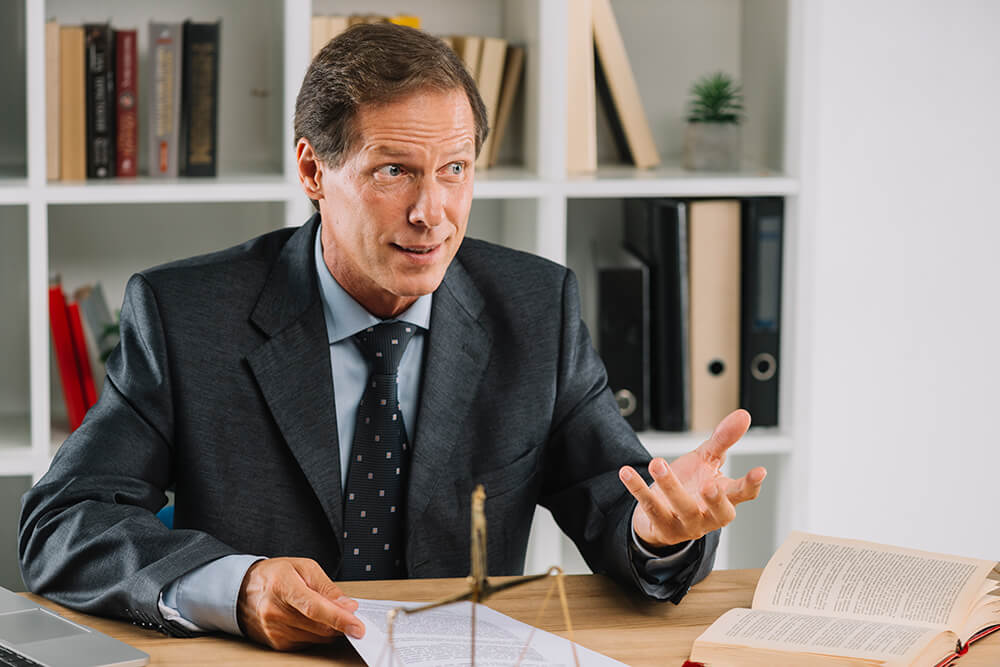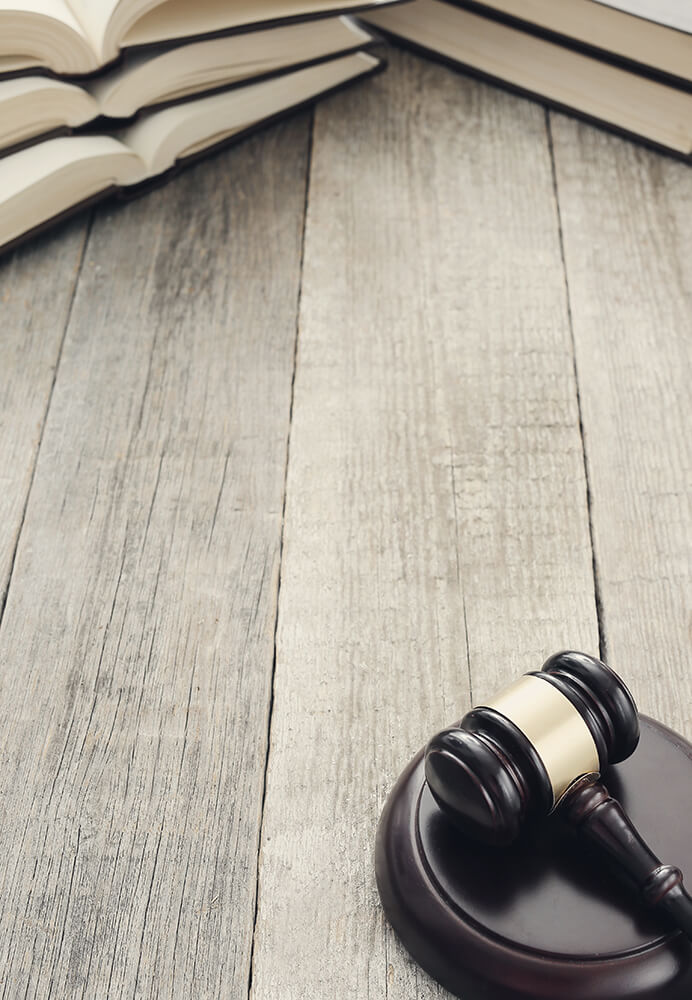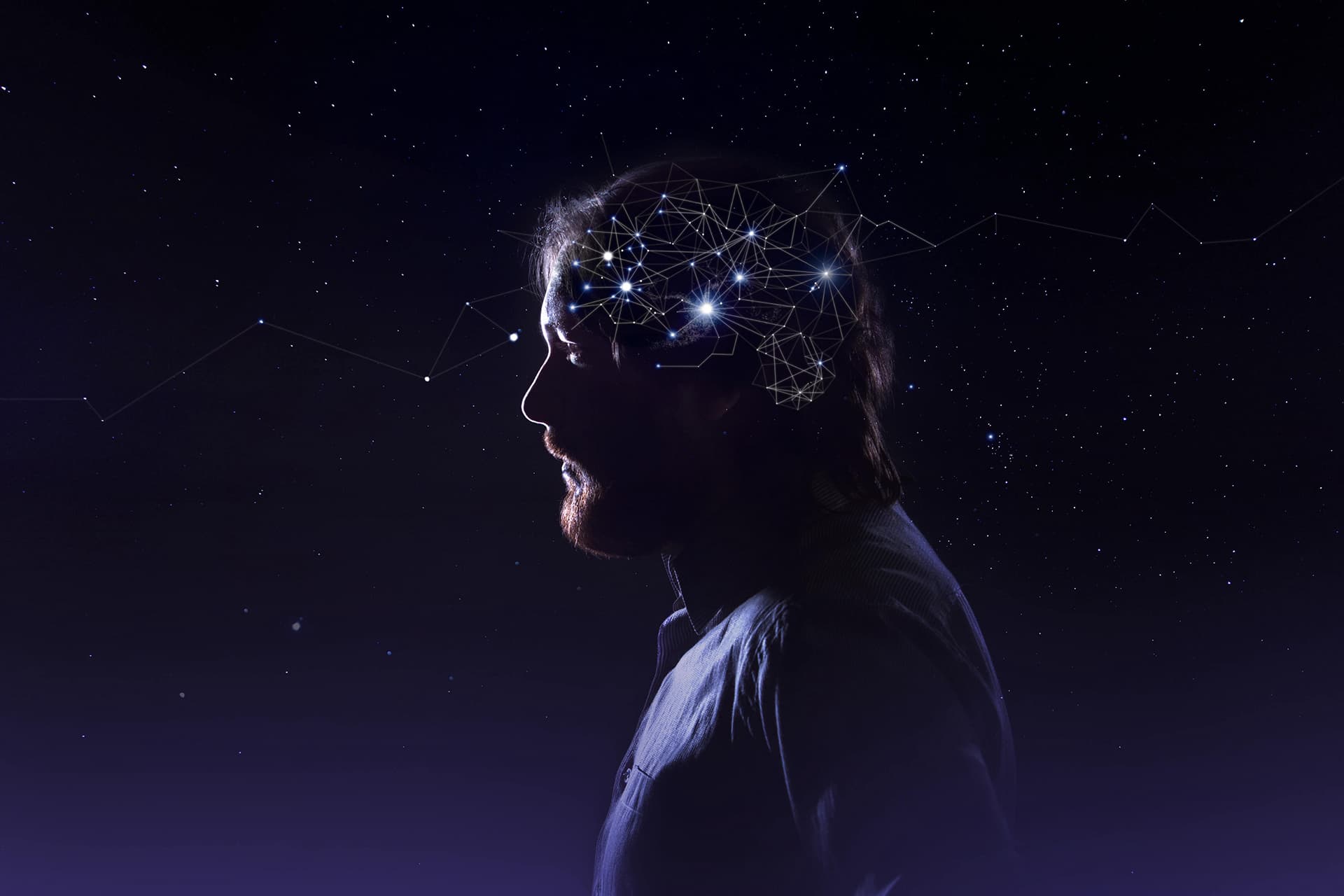High technical skills are now an essential requirement in a multitude of cases concerning criminal proceedings, such as events related to crimes to protect health and safety in the workplace, environmental crimes or even corporate and bankruptcy crimes. In this context, “scientific knowledge” is utterly crucial for all the figures involved, from lawyers to prosecutors, to judges.
Having to deal with issues that are very technical and far from legal competence per se puts criminal law operators in the condition of expanding their culture and training. They also have to rely on additional specialists for specific subjects, appointing them as experts or partisan consultants during trials.
And it is precisely the confrontation between legal professionals and “technical” experts – through the hearings of the latter and the acquisition of their reports – that has generated a complex debate on the role of scientific evidence in law.






